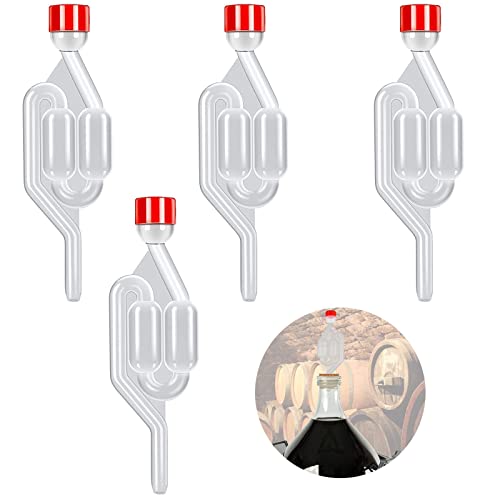- Joined
- Nov 13, 2013
- Messages
- 6,946
- Reaction score
- 7,221
Yes the Merlin is getting old in the tooth I don't know if the have been any improvements on the system. But I believe that it has been superseded. I don't know how old this article is by Charlie Bamforth but he does mention a few commercial systems here.Steinecker-Krones offers the Merlin boiler which typically boils the wort in 35-40 minutes. However, this is highly optimized equipment (albeit already superseeded) and not at all comparable to what we have.
It appears that the motivation is to boil just right -- which is the diffcult bit.
Earlier on I posted a table of (professional) brewing systems and their boil times. (Source: Back, Narziß)
Not sure I am up to date with the latest, but it appears that energy rationalisation has been an ongoing concern ever since. The impresssive Equitherm system was launched as far back as in 2011....
I don't see thinking about better boiling and the parameters affecting the results as controversial - even when people's approaches vary or disagree. As home brewer one has the freedom to alter parameters quite easily and freely within ones realm of possibilities. It is always intersting to hear about other peoples' experiences. There is a degree of experimentation and discovery that one should always be open to.
It's one of our strengths.
https://beerandbrewing.com/dictionary/RZV7tB05MV/











![BREWING THERMOMETER STICKERS ACCURATELY MONITOR FERMENTING BEER & WINE LIQUID TEMPERATURES 5PCS HOME BREW SPIRITS WINE LCD ADHESIVE [US]](https://m.media-amazon.com/images/I/311DDjo2X3L._SL500_.jpg)




























